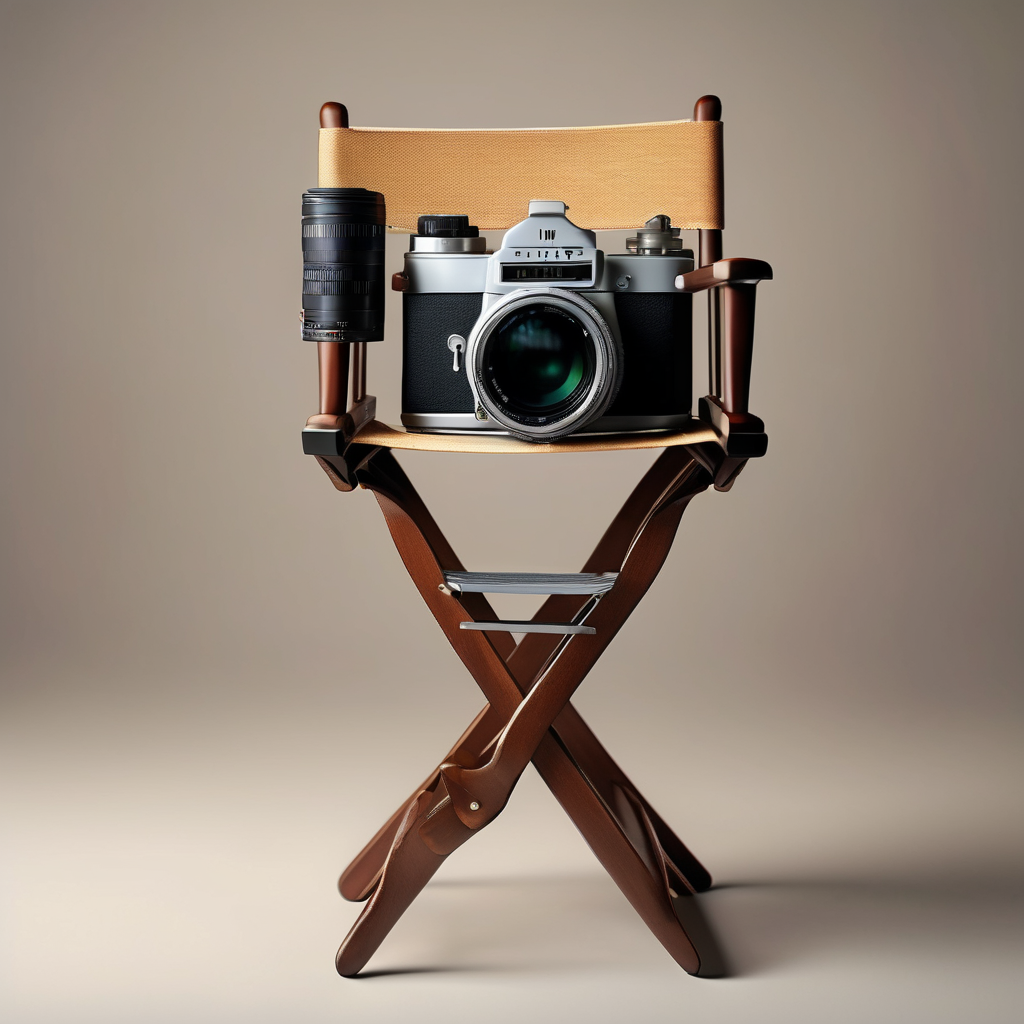The swift advancement of artificial intelligence in Hollywood is reshaping the entertainment landscape in unprecedented ways. AI technologies have reached a point where they can mimic the voices of deceased stars and even generate entirely digital actors. However, this shift is not universally welcomed, with notable figures in the industry voicing their concerns. Academy Award-winning actor Morgan Freeman expressed his frustration about the potential for computers to replace human performers.
Freeman, best known for his iconic role in “The Shawshank Redemption,” highlighted his disapproval of AI replicating his likeness without consent in an interview with The Guardian. “I’m like any other actor: don’t mimic me with falseness,” he said, emphasizing that such practices are not only disrespectful but also a way of robbing artists of their livelihood.
At 88, Freeman’s extensive career spans over five decades, during which he has relied on years of skill development and mentorship. He recalled influential teachers who inspired him to pursue his passion for acting. “I had the most encouraging teachers you could imagine,” he reflected.
The conversation around AI in entertainment is intensifying, with Freeman actively involved in discussions regarding the legal implications of AI likeness usage. He pointed out that there are ongoing legal matters concerning the potential representation of an AI-generated performer, Tilly Norwood, by a talent agency. Freeman was critical of the concept, stating, “Nobody likes her because she’s not real and that takes the part of a real person, so it’s not going to work out very well in the movies or in television.” He stressed that the role of unions is to protect human actors, indicating a looming conflict between traditional performance and technological advancements.
Freeman is not alone in his stance; many prominent figures are expressing unease about the rise of generative AI in film and television. Actress Jameela Jamil has labeled digital performers as “deeply disturbing,” while director Guillermo del Toro expressed a strong aversion to utilizing AI in his cinematic work. Natasha Lyonne, known for her role in “Orange Is the New Black,” suggested that those collaborating with AI characters should face boycotts from industry guilds.
Other notable actors, including Samuel L. Jackson, Jenna Ortega, Scarlett Johansson, and Nicolas Cage, have similarly voiced their objections to AI’s encroachment on traditional acting. Cage, for instance, called AI “a nightmare” and an “inhumane” threat to creative expression, lamenting the possibility of having his artistry appropriated by artificial means.
As the discussion around AI’s role in Hollywood continues, traditional actors like Freeman are advocating for restrictions to safeguard when and how AI technologies are utilized. This debate transcends mere technology and touches on the essence of acting itself, aiming to preserve the artistry and human connection that define the craft.
